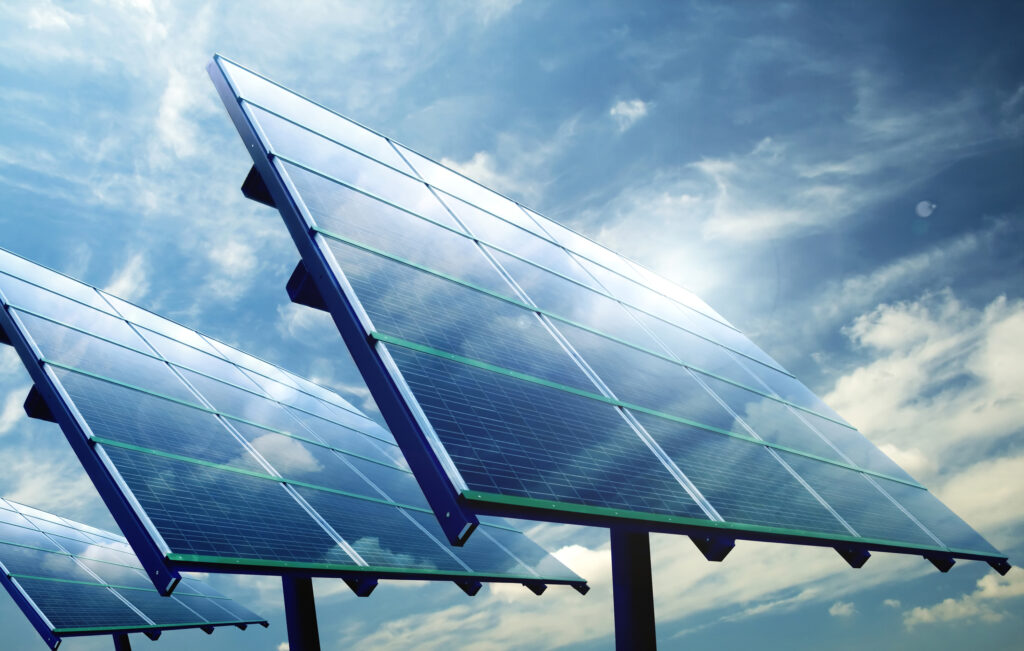South African energy sector liberalisation sets scene for consolidation – Conference Insight
Investors in South Africa’s liberalising energy sector will have exit opportunities in the years ahead when the market enters a consolidation phase, according to participants at the African Energy Forum (AEF) in Barcelona.
The next major milestone paving the way for consolidation will come as early as the beginning of 2026, when new legislation, market rules and platform for a competitive market should be in place, Alexandra Felekis, counsel at A&O Shearman, said on the sidelines of the event.
The South African government announced plans to break state-controlled Eskom into its generation, transmission and distribution arms in 2019 as a way of dealing with frequent power cuts since 2007. The changes are included in this year’s Electricity Regulation Amendment Bill.
Consolidation of the market could be a question of three to five years from now, Felekis said. One of the main hurdles before then involves grid capacity, which is still an issue, she added. Consolidation could come in five years, agreed Kofi Amparbeng, principal energy finance at Nedbank CIB, also on the sidelines of the AEF.
The most immediate concern for market participants is to add capacity to the generation system, Amparbeng agreed, adding that this takes 24 months for wind and 18 months for solar.
When the time comes for consolidation in a competitive market, though, other African countries will be taking notes. Many are seeing what they can learn from the South African experience of liberalisation, Amparbeng said.
Although the consolidation phase has yet to start in earnest, M&A involving South African renewable companies has been taking off since June 2021, when President Cyril Ramaphosa announced that the country’s Electricity Regulation Act would be amended to allow private power producers to add capacity more easily to the national grid.
Aggregate deal volumes in South Africa had never passed EUR 130m between 2015 and 2021, according to Mergermarket data. However, in 2022, two deals registered EUR 1.55bn, while three deals registered EUR 1.06bn in 2023.
The largest deal to date has involved Infinity Power, a Dutch renewable energy joint venture, which became the largest renewable energy company on the African continent with a 2023 acquisition of Lekela Power, a UK-based renewable energy generation platform with assets in South Africa.
Companies to watch in the future include Broadreach Energy of Cape Town, which secured a USD 25m investment from Metier in 2020.
Banks and funders have become a lot more amenable to supporting private sector investment in energy infrastructure, according to a sector banker.
One of the main developments in recent years has been the introduction of unregulated and private power purchase agreements (PPAs) between renewable energy companies and heavy users of energy, such as mining companies, Felekis said. South Africa is moving to a hybrid system, involving bilateral PPAs existing alongside a market platform, she said.
New self-generation licencing rules have had a “tremendous impact” on the market, a second sector banker said, adding that many mining companies are adding self-generation capacities to their projects.
Private capital has played a role in the South African system since 2011 when independent power producers (IPPs) began to enter the market, Amparbeng said. There is still a huge need for power and private capital, he said, adding that the market has just added 7.5 GW capacity since then and needs to add a further 5 GW per year.
The volume of participants is still growing as the market continues to liberalise, Amparbeng said, adding that sovereign wealth funds from the Middle East are taking an interest. Saudi Arabia’s Public Investment Fund (PIF) backs ACWA Power, which has invested in South Africa, as reported.












